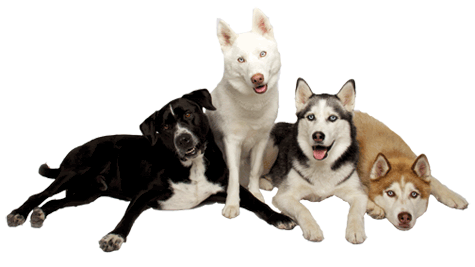"5. Why do you use ethoxyquin as a preservative?
Kaytee does include the preservative or antioxidant, ethoxyquin as an ingredient in the fortified foods and treats we manufacture. The exact® product line contains ethoxyquin or a natural preservative (mixed tocopherols) depending on the product. Antioxidants prevent the destruction of nutrients, and prevent rancidity (fat oxidation) which creates off-flavors and off-odors that dramatically decrease palatability and food consumption. Ethoxyquin is an FDA approved and dependable antioxidant. Kaytee formulates the products with levels of ethoxyquin less than the recommended use and has been tested and fed to over 100 species of birds at the Kaytee Avian Research Center for over 17 years with no related concerns. For more information please see the Kaytee Technical Focus, Antioxidants and Preservatives. "
"Approximately 400 birds at the Kaytee Avian Research Center were maintained at F.D.A. approved levels of ethoxyquin (20% higher than the normal use level) for a period of five years with no unusual neoplastic activity observed. In canines, the most ethoxyquin sensitive species known, levels of approximately four times the approved use levels are required to induce cellular changes indicative of the onset of cancer. Monitoring has been continued at the lower, recommended level for an additional 11 years (16 years in total) without any negative results.
For the last 11 years, over 4,000 exotic birds (100+ species) have been fed recommended levels of ethoxyquin and been monitored (blood chemistry, CBC, etc.) by veterinarians at the Avian Research Center. Any mortality experience in the flock has been specifically evaluated by histopathology for ethoxyquin-specific changes that will occur in liver tissue when toxic levels are present. To date, no ethoxyquin-related tissue changes have occurred, even in the 16 year feeding group. This is the only test ever conducted on ethoxyquin use in psittacine species and is now one of the longest and largest tests conducted in any specie. There is no legitimate reason to believe that any of the commercial antioxidants are a significant risk compared to the risk of unprotected food products. "
-this is from
http://www.kaytee.com/ask_the_expert...preservatives/
I am guessing this is a 'yes'
http://www.kaytee.com/ask_the_experts/faq/








 Reply With Quote
Reply With Quote






 I know you were talking about rats, but I became concerned, hoping that wouldn't be the case with birds too, and wanted to make sure.
I know you were talking about rats, but I became concerned, hoping that wouldn't be the case with birds too, and wanted to make sure.

Bookmarks